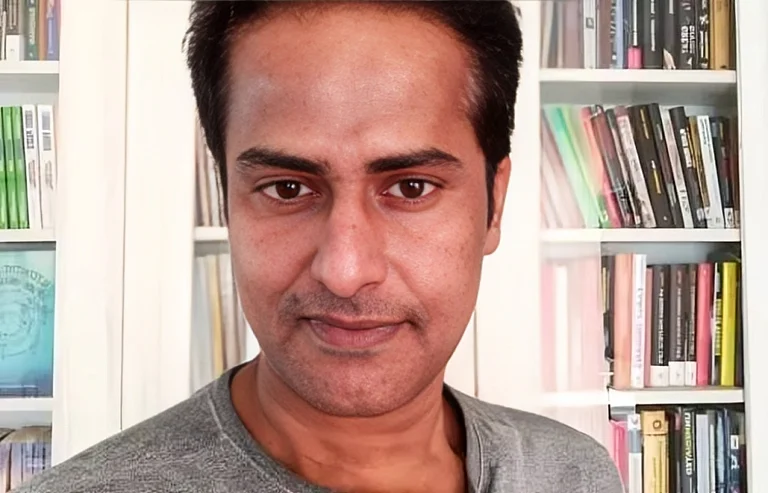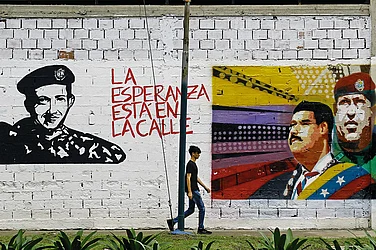India has contributed USD 1 million as part of a voluntary contribution to the United Nations to promote the use of the Hindi language in the world organisation and to foster inclusive dialogue and understanding, India’s Permanent Representative to the UN Ambassador Ruchira Kamboj said on Monday.
Kamboj handed over the cheque of USD 1 million to Under Secretary General of the United Nations Department of Global Communications Melissa Fleming. “The Indian Government is delighted to make a substantial voluntary contribution to the @UN, with a focus on promoting the usage of Hindi. A step towards fostering inclusive dialogue and understanding,” Kamboj tweeted.
“Efforts of the United Nations to mainstream and consolidate news and multimedia content in the Hindi language have been appreciated in India and in countries where a Hindi-speaking population resides,” she said. She said the Indian government will continue to promote the use of the Hindi language in the United Nations.
“For this purpose, we are pleased to partner with the United Nations,” she said. According to a press release issued by the Permanent Mission of India, the amount was given to the UN “towards the expansion of usage of the Hindi language in the United Nations”.
Hindi@UN project, in collaboration with the UN Department of Public Information of the UN, was launched in 2018, with the objective of enhancing the public outreach of the United Nations in the Hindi language and spreading greater awareness about global issues among millions of Hindi-speaking people around the world.
The UN News in Hindi is disseminated through various platforms including UN News, Twitter, Instagram and Facebook, as well as through a weekly UN News-Hindi audio bulletin.
With 50,000 current followers on Twitter, 29,000 on Instagram and 15,000 on Facebook, UN Hindi social media accounts publish nearly 1,000 posts every year. The Hindi UN News website with 1.3 million annual impressions remains in the top ten in internet search engines, said the press release issued last week.


























